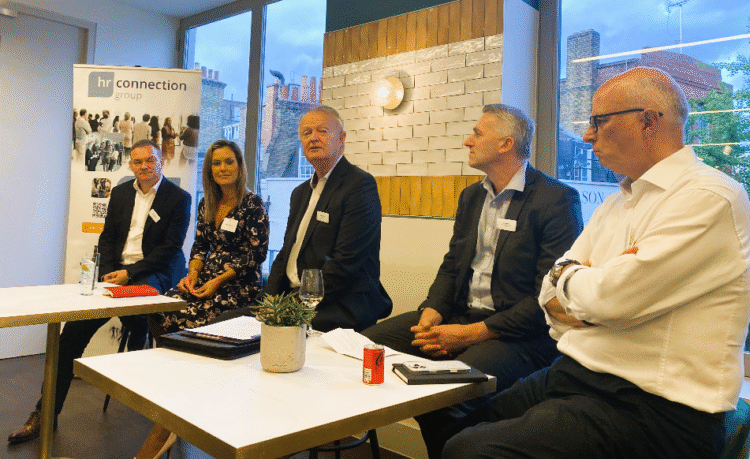Employers are wasting a significant amount of money on unused benefits as HR leaders warned of confusion and complacency, during a panel discussion at a recent London HR Connections event.
Benefits experts discussed the topic ‘Stretching the Benefits Budget’, sharing a number of revelations with the audience of senior HR professionals.
“Never ask [an individual] board [member] what benefits they want. I would never ask,” said panellist Warren Bourne, an interim reward and HR director, whose past roles have included working at Skipton Group, Equiniti and Provident Financial Group.
“I cancelled an electric car scheme because a senior director wanted to buy a cheap Tesla. Then no one else did because they’re so expensive. The average [UK] salary is around £37k, so they couldn’t afford to buy a Tesla. That was a pain. So, I would never ask [an individual] board [member] (who may put their own self interest first). You can consult with the market to see what’s appropriate for the business and culture, [although] I would also never ask the employees [to vote for benefits] unless you do the cultural analysis.”
Fellow panellists included Sarah Lambert, global reward and engagement director at international food producer, Hilton Foods, Ian Hodson, director of people and culture at Housing 21, and Karl Cummins, national manager for NFP, hosted by LHRC chair Craig McCoy.
Lambert said that while brokers offer a great service in terms of supporting benefits, she warned that employers could be “too accepting of broker advice without scrutiny”.
“The longer you have a relationship with a broker, either independently or through a benefits platform, the more complacency creeps in. I recently managed to save a considerable amount on our healthcare by really challenging past decisions and looking at the numbers across the last five years and asking them to come back with something better. As benefits professionals, that is exactly what we’re there for.”
Housing 21’s Hodson emphasised the rising problem of benefits duplication across providers. “Everybody’s expanding into these other market opportunities. Before you know it, you’ve got three people technically offering the Employee Assistance Programme (EAP) service. When somebody says, ‘Where’s the EAP service?’ you’ll get different answers because it’s here, here and here.”
Bourne argued that employers should strip back to essentials to ensure value for money. “I’d rather [employers had] a small number of culturally relevant benefits that work really well and that are properly costed.”
NFP’s Cummins said poor communication matters just as much as the benefits mix itself. “You may have a very good offering, but the challenge is that the employees don’t know too much about what you’ve got. Where we’ve seen things work really well is when employers segment employees into different age groups.
“We’re finding that the younger generation aren’t very interested in private medical insurance (PMI), but they are interested in cash plans. Why is that? Well, they don’t like the fact they’re taxed on it (PMI).”
He added that cash plans have very different engagement to pensions, for example, because with pensions employees can kick it down the road, while they are likely to touch cash plans each year.
“So I think trying a few things on the engagement side is very important,” he said.
The panel agreed that without benefits consolidation, strong, targeted communication and HR’s willingness to challenge the status quo, much of employers’ benefits spend is wasted. As Hodson summed up: “It’s about making sure the offering is clear and consolidated. If people don’t know about it, don’t value it, or can’t use it, then you may as well not have it.”












